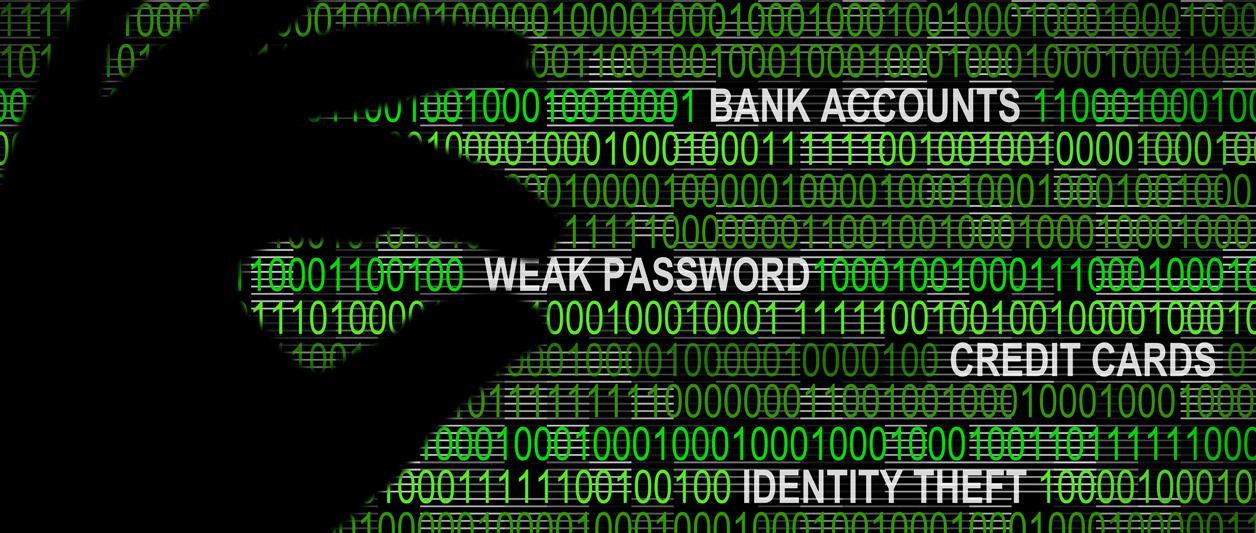
Security has always been a concern on the web. From the earliest days of dial-up modems and AOL web portals, web users have been employing virus scanners, firewalls, and other security software to protect themselves from the omnipresent danger of malware, hackers, and other malicious actors on the world wide web. Likewise, website developers and owners have tried to make their services more secure.
Avoiding trouble online is no longer as simple as not clicking on unfamiliar links or knowing better than to open attachments from untrusted senders, however. There are a lot of ways for individuals looking to steal information or do harm on the web to do so these days, and that makes security an important consideration for every web developer.
With that in mind, there are five major reasons why security should be among the highest concerns for any web developer.
It’s in the News, and It’s Not Leaving
It feels like almost every week there’s another big story of a large corporation being involved in some sort of data leak or hack. In fact, the reality is that these attacks may be even more frequent than that.
- April 5, 2018 - Facebook admits scammers were able to abuse its phone number search.
- April 4, 2018 - Facebook says Cambridge Analytica may have had data on 87 million users without users’ knowledge.
- April 4, 2018 - Delta and Sears hit by cybersecurity breach.
- April 3, 2018 - Panera Bread exposes millions of customer records.
- April 2, 2018 - Saks, Lord & Taylor hacked; 5 million payment cards compromised.
- March 29, 2018 - MyFitnessPal reveals 150 Million accounts were hacked in February.
- March 27, 2018 - Atlanta, GA grapples with widespread ransomware attack.
That’s 7 massive security threats affecting millions upon millions of people, and all those stories occurred within 9 days of each other.
It’s On Your Users’ Minds
If your users and target audience weren’t thinking about security before, you can bet that they are now. The more frequent large scale hacks and data breaches become, the more likely it is for any given person to be a victim.
Having once been a victim of such an attack is enough to make most anyone think twice about using unsecured services, and what information he or she freely gives away on the Internet. Even those who have yet to be directly affected by a breach are now more likely to be concerned about them because, as we just demonstrated, big breaches are big news and they’re constantly in the news. These constant attacks are a constant reminder of the importance of security.
It’s the Right Thing to Do
This should be obvious, but if users are trusting you with their data, the least you could do is take a little care not to make it easy for hackers to steal that data.
It’s The Right Thing to Do, Financially
Stolen credit cards don’t just hurt the credit cards’ owners, they also hurt the source through which they were stolen. Every data breach is a PR nightmare for the company that was exploited in the breach. It costs extra resources and extra money to fix the exploit that allowed the breach to occur, to help the users who were hurt by it, and to combat the inevitable bad press that results.
Users will be wary of a company that has suffered a data breach, and that can impact your bottom line quickly and harshly.
Browsers Penalize Unsecured Sites
Even if your users are living under a hypothetical rock, their web browsers aren’t. HTTPS is the new standard in web protocol and, as we’ve said before, websites that don’t adhere to it are being marked as untrusted and unsecure by web browsers.
Even users who know absolutely nothing about web security are seeing warnings and visual cues not to trust websites still running on the old, unsecured HyperText Transfer Protocol. Failing to adapt to the new HTTPS standards can even hurt your rankings on Google, making your SEO strategy another key reason to secure your site.
At this point, a properly secured website isn’t the exception, it’s the expectation. Hackers are constantly looking for ways to exploit innocent victims, so your website needs to constantly be on the defense, protecting sensitive data and guarding against malicious individuals who would do you and your
users harm.
-
Not sure what it takes to secure your website? Don’t worry, Dotlogics can help.
Let's Get to Work.
Have an unsolvable problem or audacious idea?
